Embarking on the journey into the realm of Delta 9 THC can be quite a labyrinth, particularly when trying to comprehend the precise milligram count needed for its mind-altering impacts. This well-known cannabinoid has a reputation for relaxing effects and modifying one's mental state, but the exact measure that triggers this varies widely among individuals. Let us unravel the mysteries surrounding the amount of Delta 9 THC needed to induce the much sought-after high.
How Does Delta 9 THC Cause a High?
Delta 9 THC, known formally as Delta-9-tetrahydrocannabinol, is one of the many psychoactive cannabinoids found in the cannabis plant. It's recognized for its ability to alter the mind, which is responsible for the euphoric sensation associated with marijuana use.
The euphoria from Delta 9 THC primarily comes from its interaction with the body's endocannabinoid system. This system contains a network of cannabinoid receptors scattered throughout the body, namely the CB1 and CB2 receptors.
When Delta 9 THC enters your body, it binds to these receptors. Due to its molecular structure, Delta 9 THC has a particular affinity for the CB1 receptors.
CB1 receptors are mostly located in the brain and central nervous system. This binding disrupts various mental and physical functions, leading to changes in perception, emotional responses, memory, and cognition, among other mind and body-elevating benefits.
The intensity of the euphoric feeling can be influenced by several factors. These include the concentration of Delta 9 THC in the cannabis, the method of consumption, individual tolerance levels, and even the presence of other cannabinoids.
It's crucial for cannabis users to remember that while Delta 9 THC can cause an euphoric state, it may also lead to an uncomfortable experience with unwanted side effects, such as unease and distorted perception. As such, it should always be used responsibly and within legal parameters.
How to Measure Delta 9 THC
Delta 9 THC levels are typically measured when determining the potency of cannabis products, ensuring they fall within legal parameters or for quality control in production.
Drug Test
Delta 9 THC is typically detected in drug tests through its metabolites, especially THC-COOH, which the liver metabolizes. Urine tests are most common, using immunoassays to detect presence above a certain threshold, usually 50 ng/mL.
A positive result isn't about the quantity consumed but whether Delta 9 THC metabolites exceed this limit. Factors like metabolism and frequency of use influence results. Experienced users may have Delta 9 THC metabolites detectable in urine for up to 30 days or more.
Farming
Farmers might test their hemp crops to confirm that Delta 9 THC concentration complies with legal limits. The testing process involves growers taking pre-harvest and remediation samples, which are then sent to a lab for analysis.
Gas chromatography and high-performance liquid chromatography (HPLC) are two commonly used testing methodologies for Delta 9 THC concentration. These techniques offer precise results, enabling clear differentiation between a marijuana and hemp plant.
This distinction is vital, given the differing legal statuses of these plants. Other methods, like reversed-phase chromatography with UV detection, are also employed for routine testing for cannabinoids.
Cannabis Products
Cannabis products, including Delta 9 THC gummies, tinctures, and topicals are tested in many of the same ways as agricultural hemp plants. They also undergo HPLC or gas chromatography.
Reputable brands in the cannabis industry implement third-party lab testing. Labs may use these types of processes to produce lab reports that verify purity, as well as the presence of Delta 9 THC and other cannabinoids.
How Many Milligrams Recommended for First-Time Users?
For first-time cannabis product users, start with 1.25 to 5 milligrams of marijuana-derived THC to gauge personal tolerance. Effects can vary based on body weight, metabolism, and cannabis experience, so start low and slowly increase if comfortable.
How Much Delta 9 THC Is Ideal for Smoking Weed?
Delta 9 THC content in a gram of marijuana flower varies from 12% to 28%, depending on the strain and quality. This means a gram at 28% contains 280mg of THC, while at 12%, it's 120mg. Beginners or those with low tolerance should start with small servings, like 5 to 10mg, and adjust as needed.
Other Effects of THC Edibles & Flowers Besides Feeling High
When it comes to THC edibles and flowers, many people are familiar with the quintessential "high" they produce. However, the effects of these products extend beyond just that euphoric feeling.
THC interacts with our bodies in a variety of complex ways, leading to a range of other effects. So what can you expect apart from the high? Let's take a look at some of the other ways the body responds to THC.
Joint and Muscle Comfort
Delta 9 THC is often associated with a sense of relaxation and ease. This feeling can sometimes extend to physical comfort as well, particularly in the joints and muscles.
Since consuming Delta 9 THC produces a body high, it may help comfort occasional stiffness. That's why using THC products is popular for athletes who want to use plant-based support for their post-workout recovery.
Overall Mood Support
The interaction between THC and the endocannabinoid system can result in feelings of relaxation and euphoria, contributing to an uplifted mood. Furthermore, certain cannabis strains have been identified that may particularly promote a sense of well-being and positivity.
However, it's important to remember that people react differently to different cannabis strains. What may be an uplifting strain for one person may have the opposite effects on another.
Better Sleep Quality
THC has been linked to enhanced sleep quality in various ways. It can help individuals fall asleep faster and experience fewer disruptions throughout the night. However, it's important to note that effects can vary from person to person, and using it responsibly is always crucial.
Healthy Appetite Support
Consuming Delta 9 has been associated with strong cravings for food, making meals more enjoyable and enhancing the overall eating experience.
While more research may need to be done, early studies indicate that Delta 9 THC may make food taste better. This, once again, is due to the interaction between Delta 9 and the body's endocannabinoid system.
Several Factors Influence Delta 9 THC Effects
In the upcoming sections, we'll delve into an intriguing aspect of cannabis science: the factors that influence Delta 9 THC effects. As one of the most well-known compounds in the cannabis plant, THC's impacts are multifaceted and can vary significantly between individuals.
Understanding these various factors can help us demystify the experiences associated with THC and provide a comprehensive picture of how this potent compound interacts with our bodies. Stay tuned as we unravel these complex dynamics.
Delivery Method
Delivery through different methods can greatly impact THC's effects. Inhalation, via smoking or vaping, offers quick absorption and immediate but short-lived effects.
Consuming THC edibles involves a slower process through the digestive system, leading to delayed but potent and long-lasting effects.
Topical application targets localized areas without psychoactive effects. This delivery method is ideal for wellness benefits, such as muscle and joint support.
Potency
Delta 9 THC potency significantly influences its impact. A high concentration of Delta 9 THC often leads to stronger effects.
While high-potency marijuana raises blood THC levels, an intense high isn't guaranteed due to the body's complex response.
Individual Tolerance Level
Tolerance, or the body's response to repeated exposure to THC, significantly influences the impact of a high. Low tolerance individuals may experience strong effects from minor amounts.
Regular users develop a higher tolerance and tend to need larger servings due to desensitization. An individual's tolerance level isn't fixed. A "tolerance break" can reset the body's response, effectively reducing tolerance levels.
Body Weight and Metabolism
Body weight and metabolism significantly influence how THC affects you. Heavier individuals, with more fat cells to store THC, might experience less immediate but longer-lasting effects.
Conversely, those with a faster metabolism may feel effects quicker, but they might not last as long. However, individual reactions can vary widely due to body differences.
How Much THC Is Too Much?
Figuring out the right serving size of THC hinges on factors such as individual tolerance, body composition, metabolism, and consumption method. Beginners or those sensitive to its effects are often advised to start with a small serving size of about 2.5mg. Going beyond 40mg per day is generally not recommended.
For edibles, servings exceeding 100mg are considered very high. The risk of adverse effects increases, especially at servings of 150mg, 200mg, or 500mg.
A typical starting point might be around 10mg to 15mg of THC. However, caution is advised for inexperienced users with servings above 15mg, as this could potentially trigger paranoia or other uncomfortable effects.
Unwanted Effects Caused by Too Many Delta 9 Gummies or Other Products
As the use of cannabis increases around the world, it's crucial to understand the possible side effects that may arise from overconsumption. Let's touch on recognizable signs that you consumed too much THC from Delta 9 gummies or smoking marijuana.
Change in Mood
Consuming too much THC can result in changes in your mood. This is because THC is a psychoactive substance and has the ability to influence various aspects of your mental state.
Too much Delta 9 THC consumption has been linked to an increased impulsivity and a lack of inhibitory control compared to non-users. More intense symptoms can arise from acute intoxication, particularly from potent edible products.
It's important to understand your own tolerance levels and be conscious of how it might affect your mood and overall mental state.
Dry Mouth and Red Eyes
Consuming too much THC often results in dry mouth and red eyes. Delta 9 THC reduces saliva production, causing dryness in the mouth.
It also lowers blood pressure, leading to expanded blood vessels, including those in the eyes, causing redness. These symptoms may indicate excessive THC consumption.
Grogginess or Trouble Sleeping
Excessive THC consumption can lead to grogginess or trouble sleeping. While some individuals may initially experience sleepiness or a sense of relaxation after using cannabis, other experienced users might struggle with restlessness.
As tolerance to THC builds, it may no longer cause a person to feel sleepy. If you consume too much THC, you may start to experience issues with falling or staying asleep.
If you are not an experienced user, you may feel sleepy after consuming too much THC. This effect may happen even if the cannabis strain is notably an uplifting one. That's because your cannabinoid receptors become exhausted, resulting in full-body grogginess.
Impaired Judgment
Impaired judgment can be a sign of excessive THC consumption. THC impacts the prefrontal cortex, which is responsible for decision-making, problem-solving, and impulse control.
Under the influence of high levels of THC, individuals may struggle with rational decision-making, accurate risk assessment, or appropriate reactions to situations. This could potentially lead to risky behaviors or accidents, underscoring the need for responsible THC consumption and an understanding of personal tolerance levels.
Always consume Delta 9 gummies and other THC products in a place where you feel safe. Don't operate machinery or make any important decisions while under the influence of Delta 9 THC.
How Much Delta 9 THC Is Right for Me?
It can be challenging to narrow down how much THC is ideal for your specific needs. Determining the right amount of Delta 9 THC largely depends on individual factors such as tolerance, body chemistry, and desired effects.
It's crucial to start with a small serving and gradually increase until you find your optimal level. Always remember that responsible consumption is key to enjoying the benefits of Delta 9 THC while minimizing potential adverse effects.








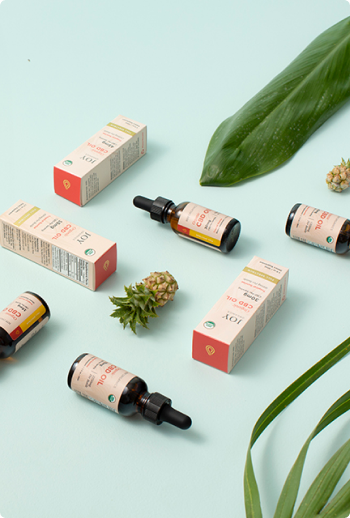
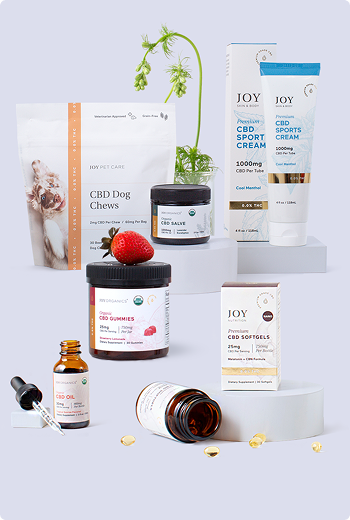
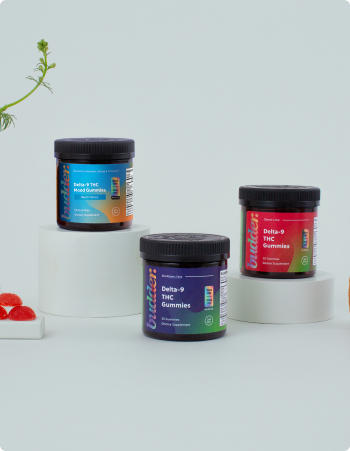












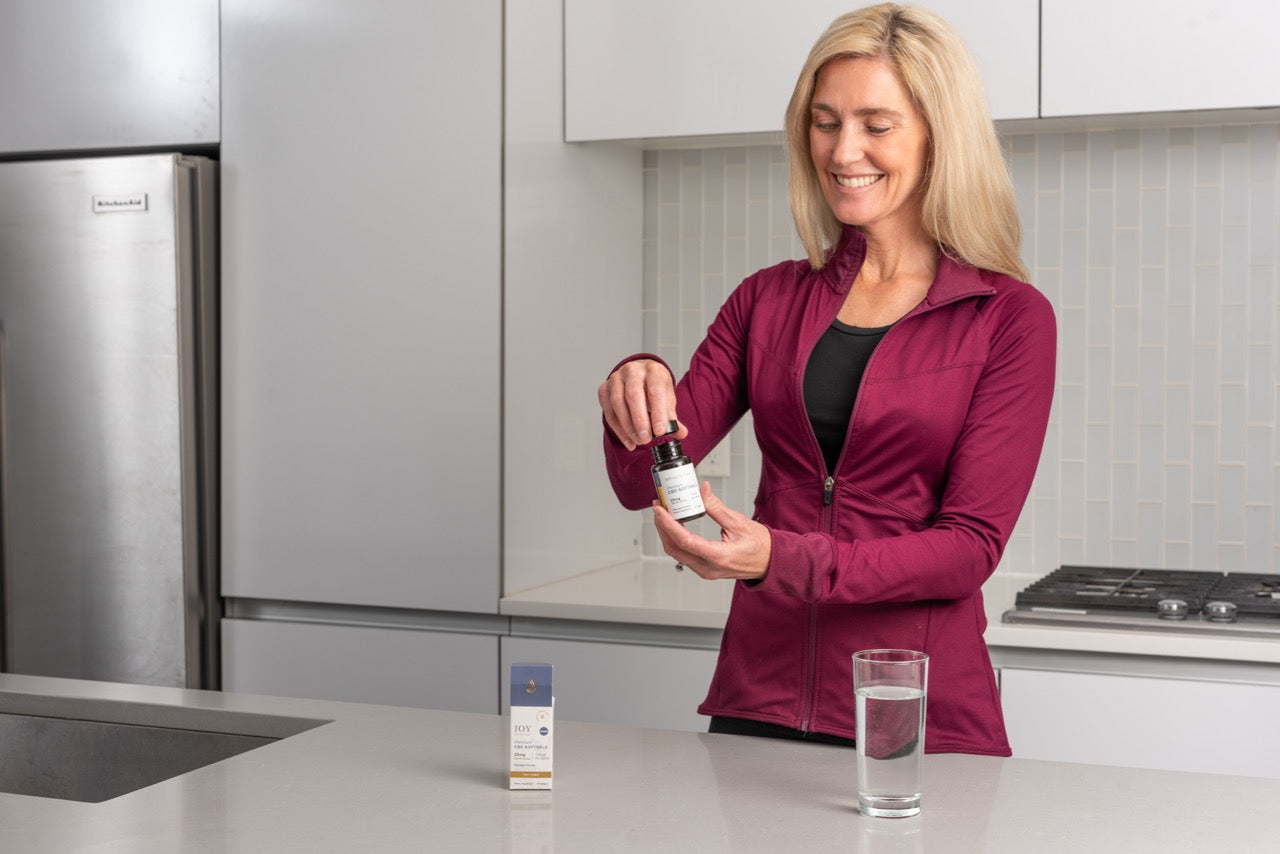




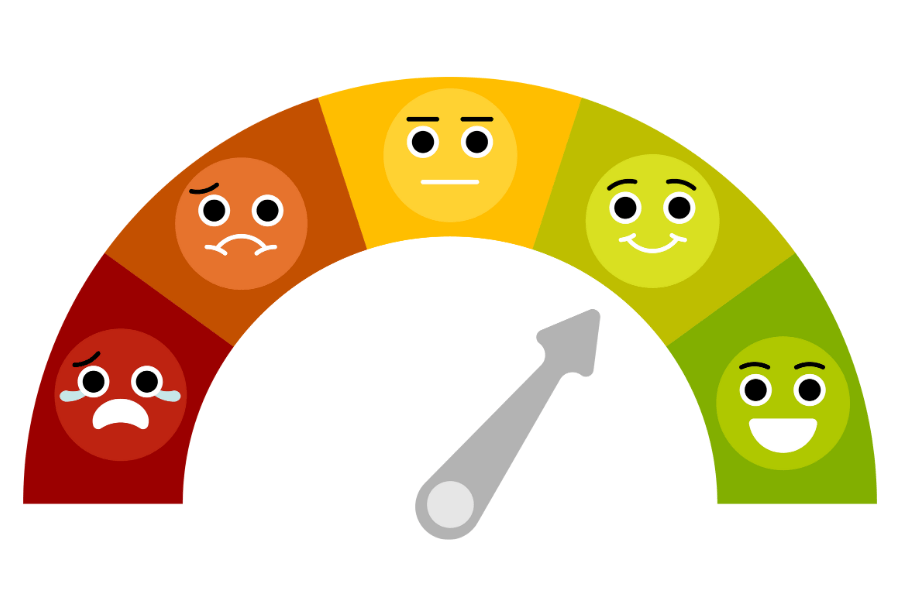
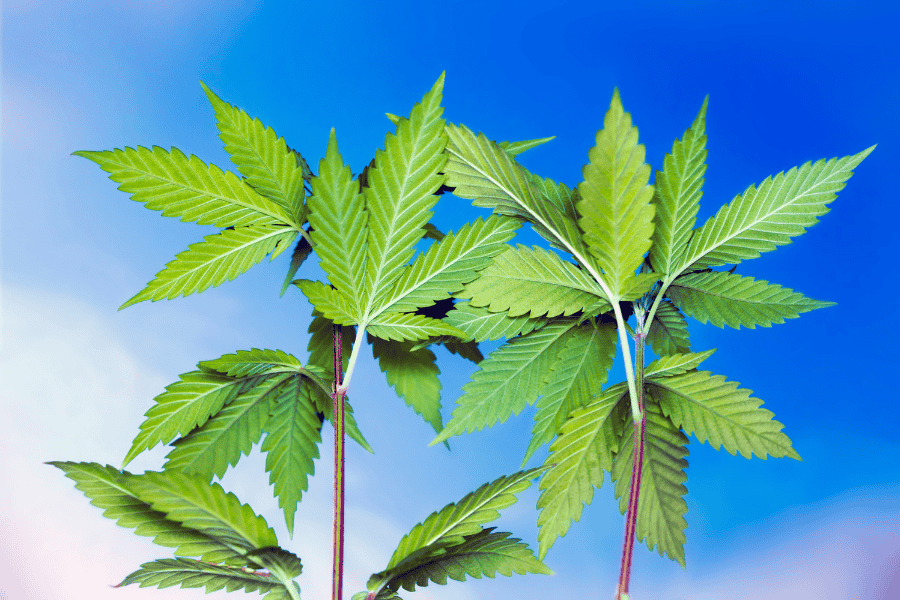






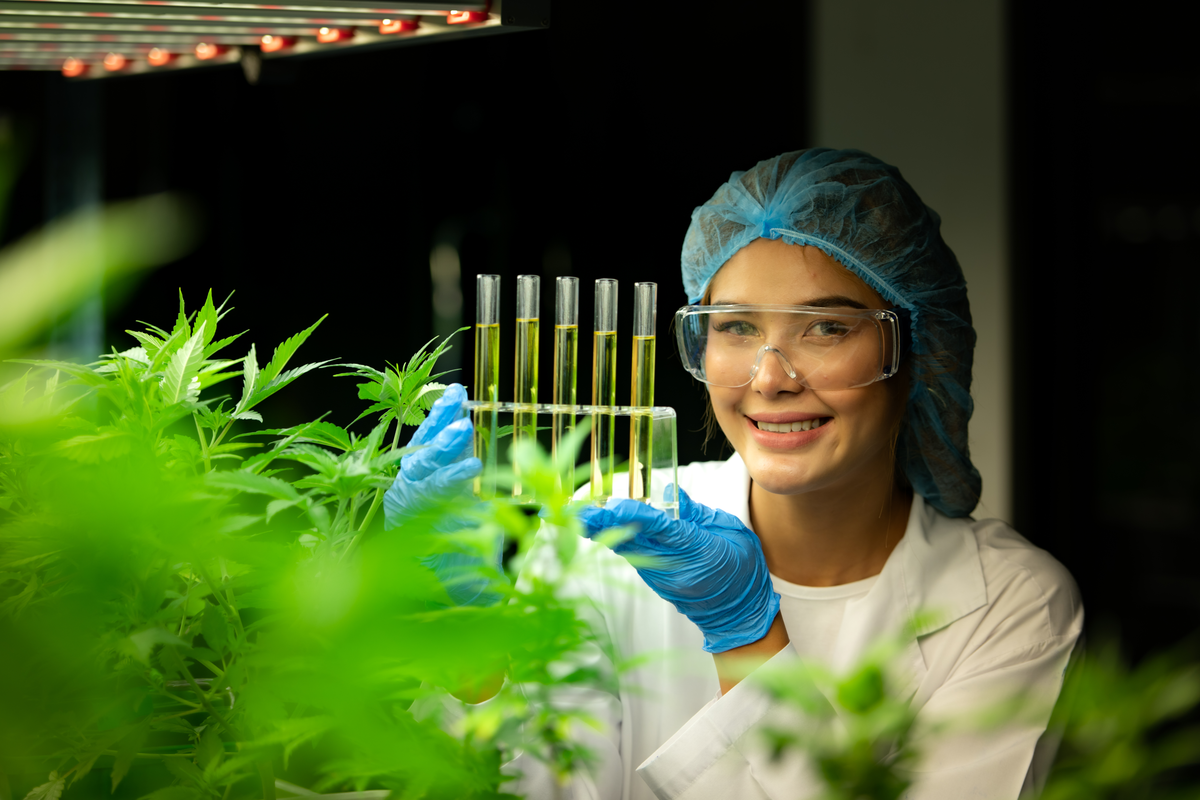

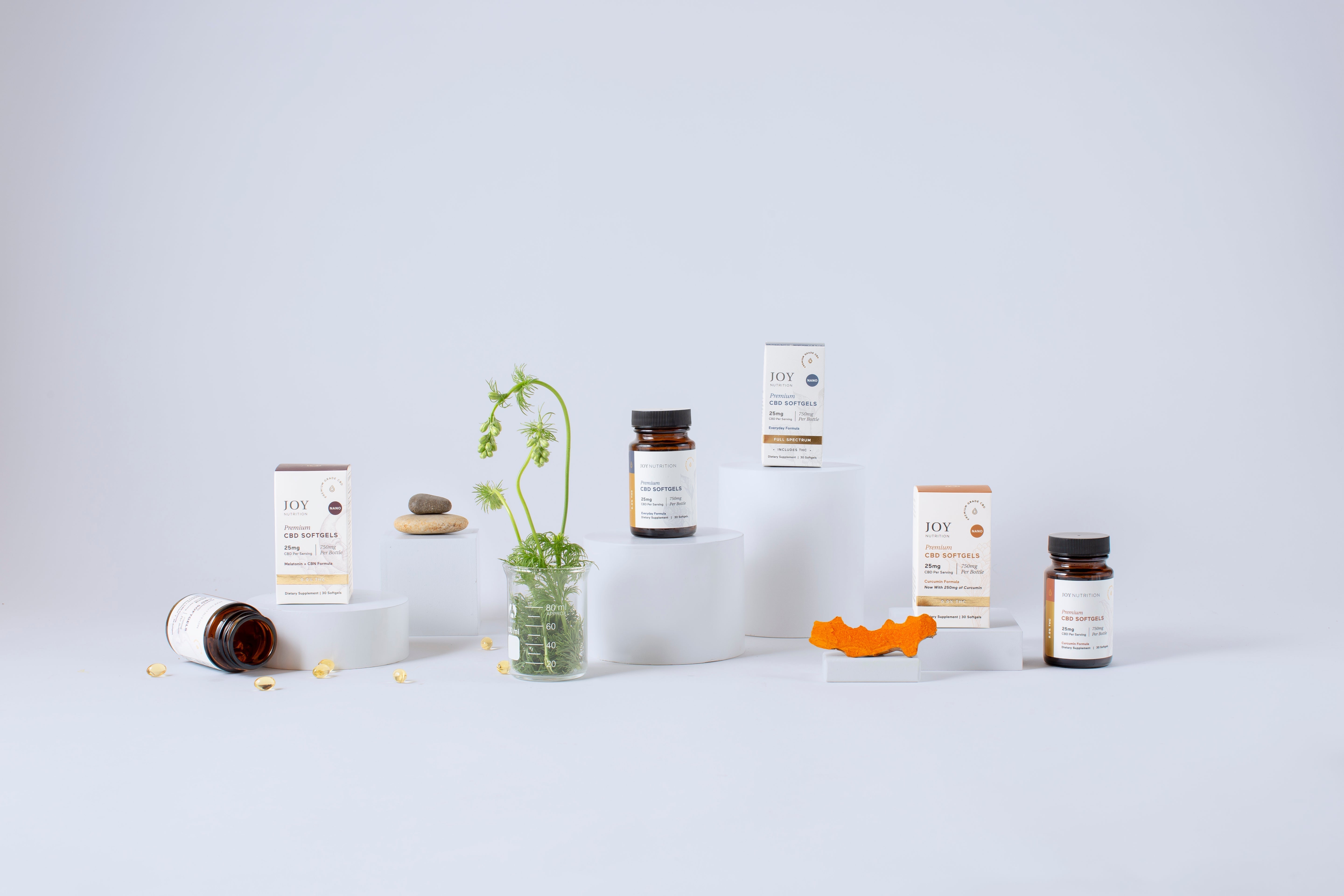



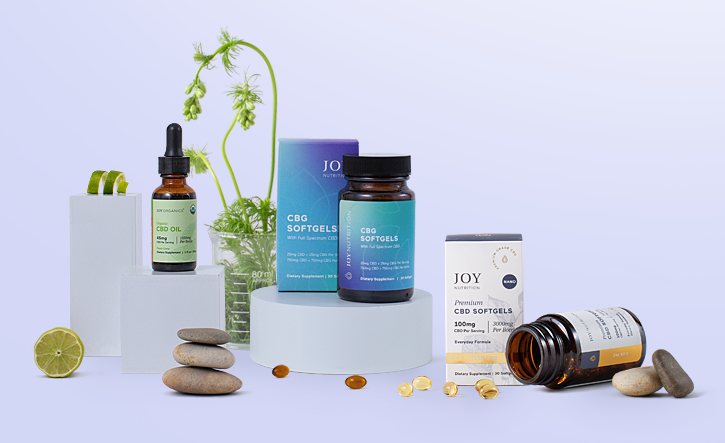





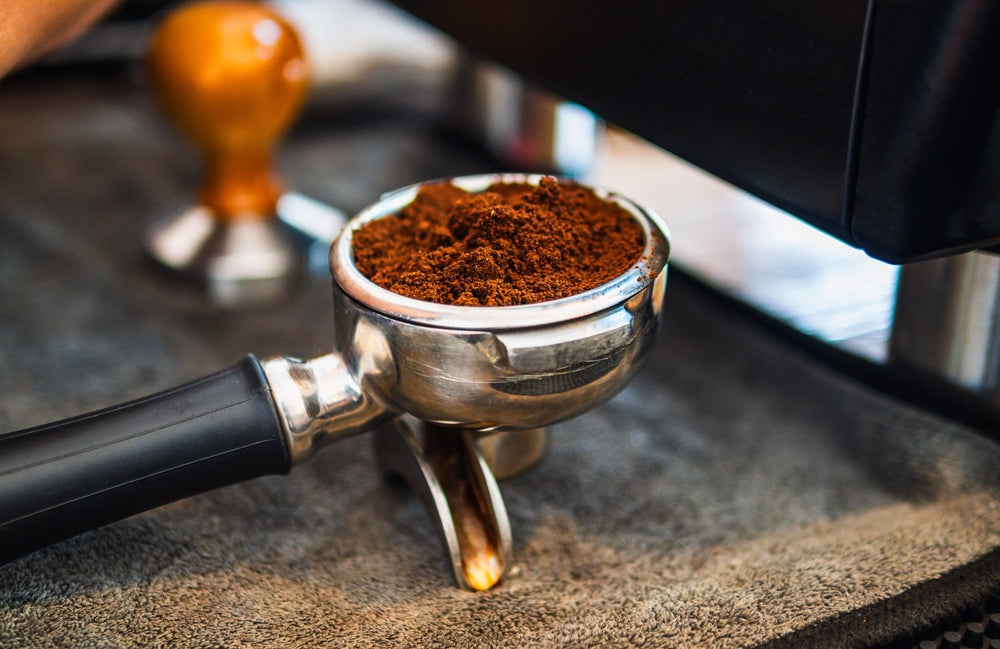

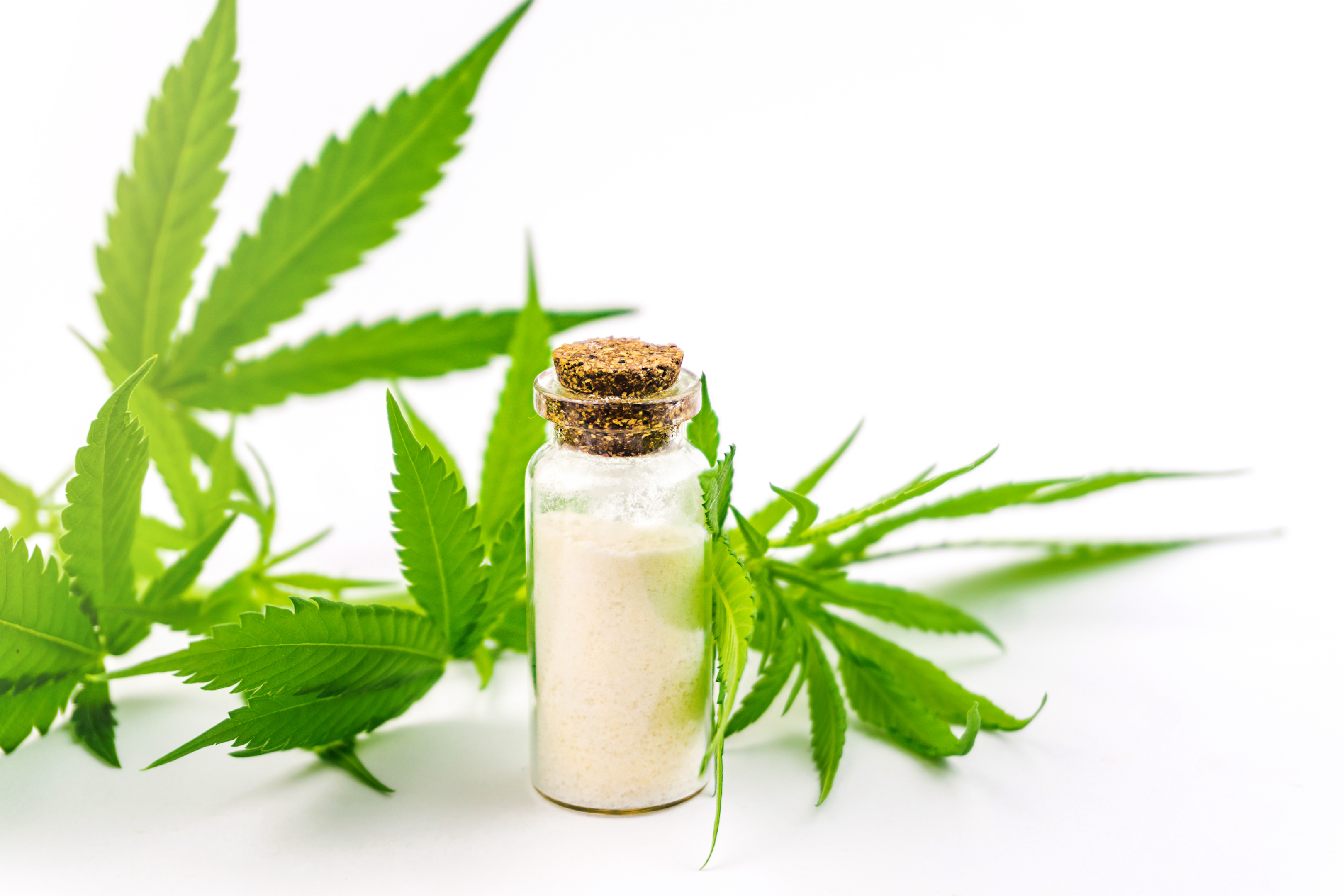
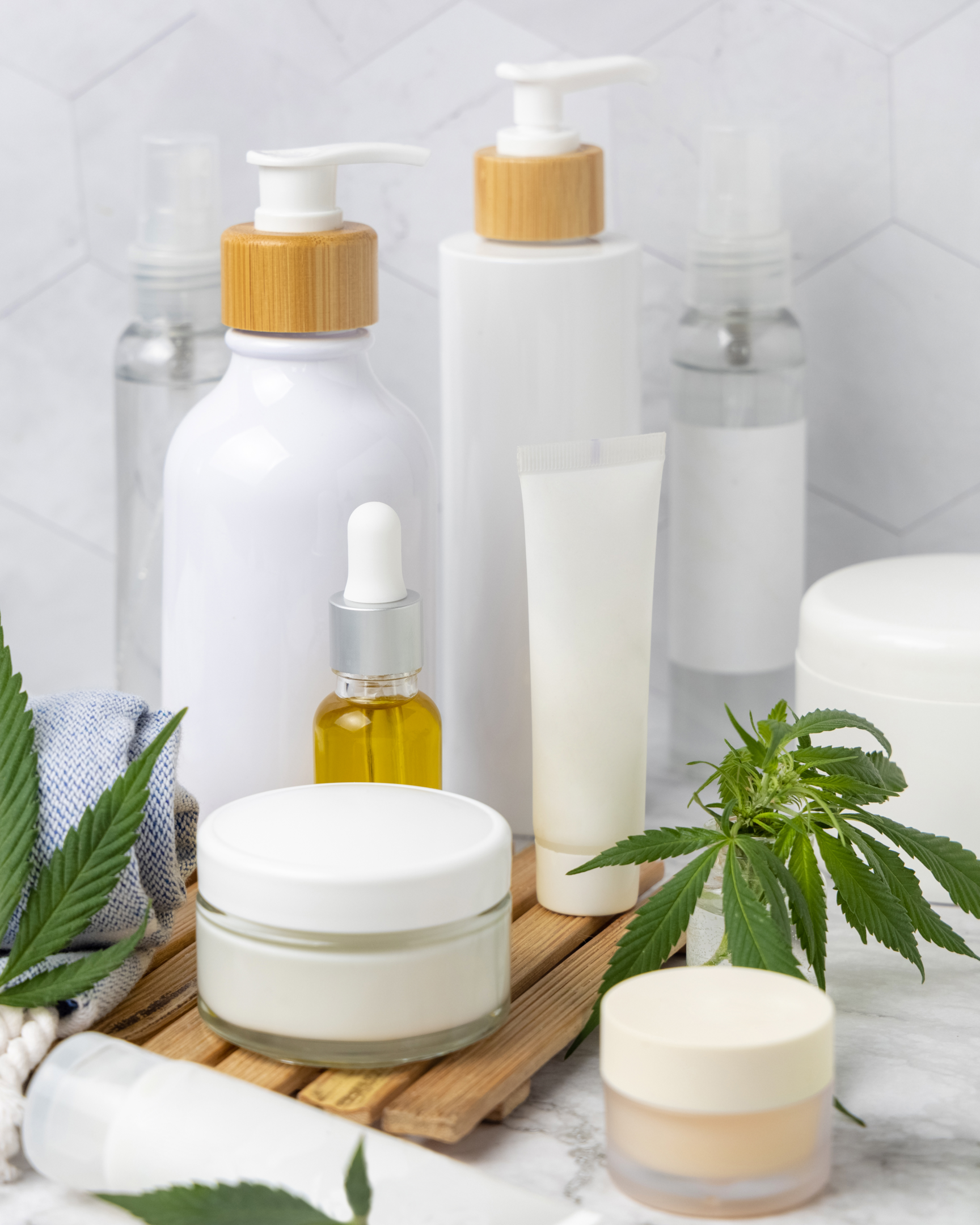
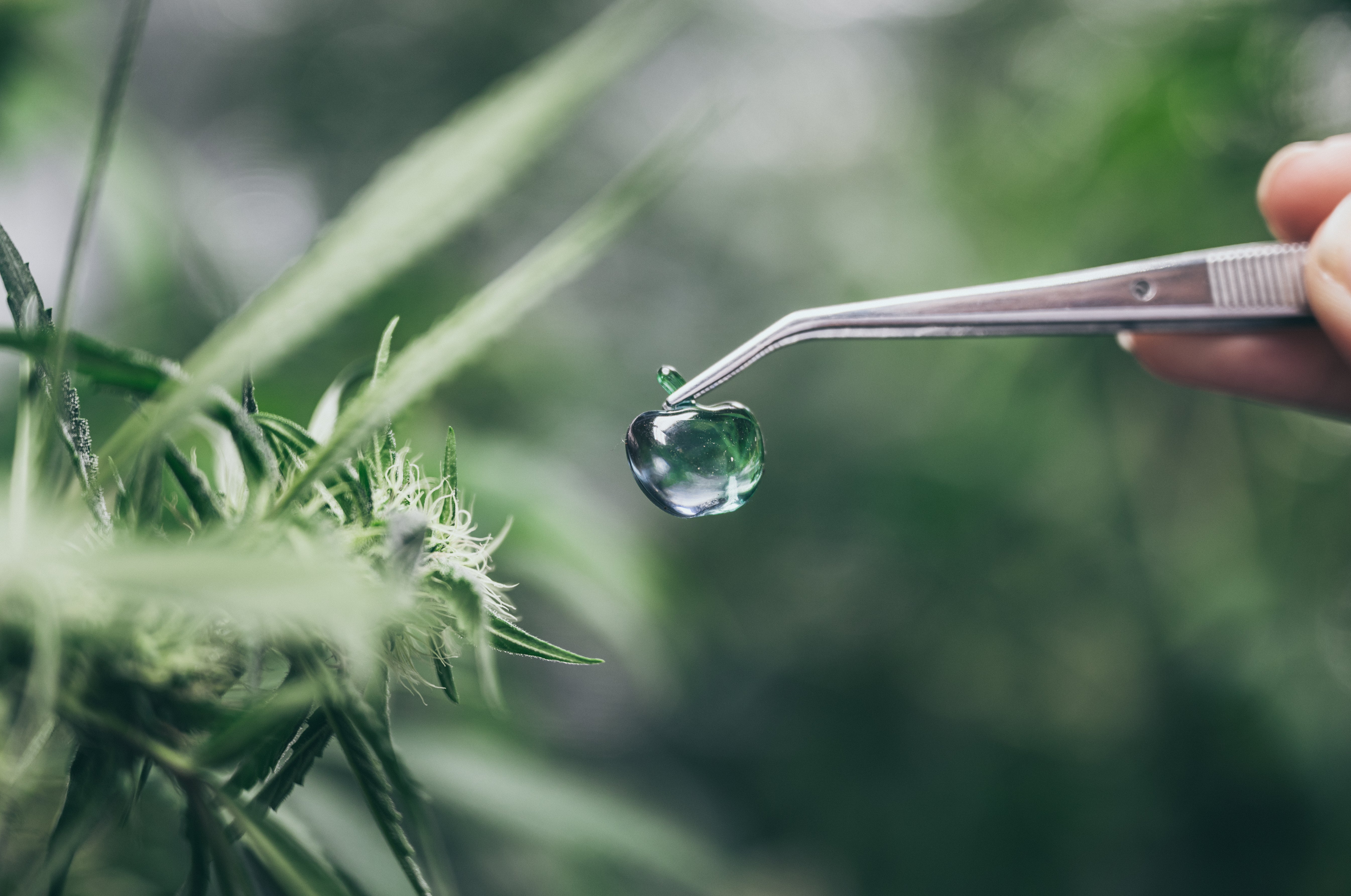

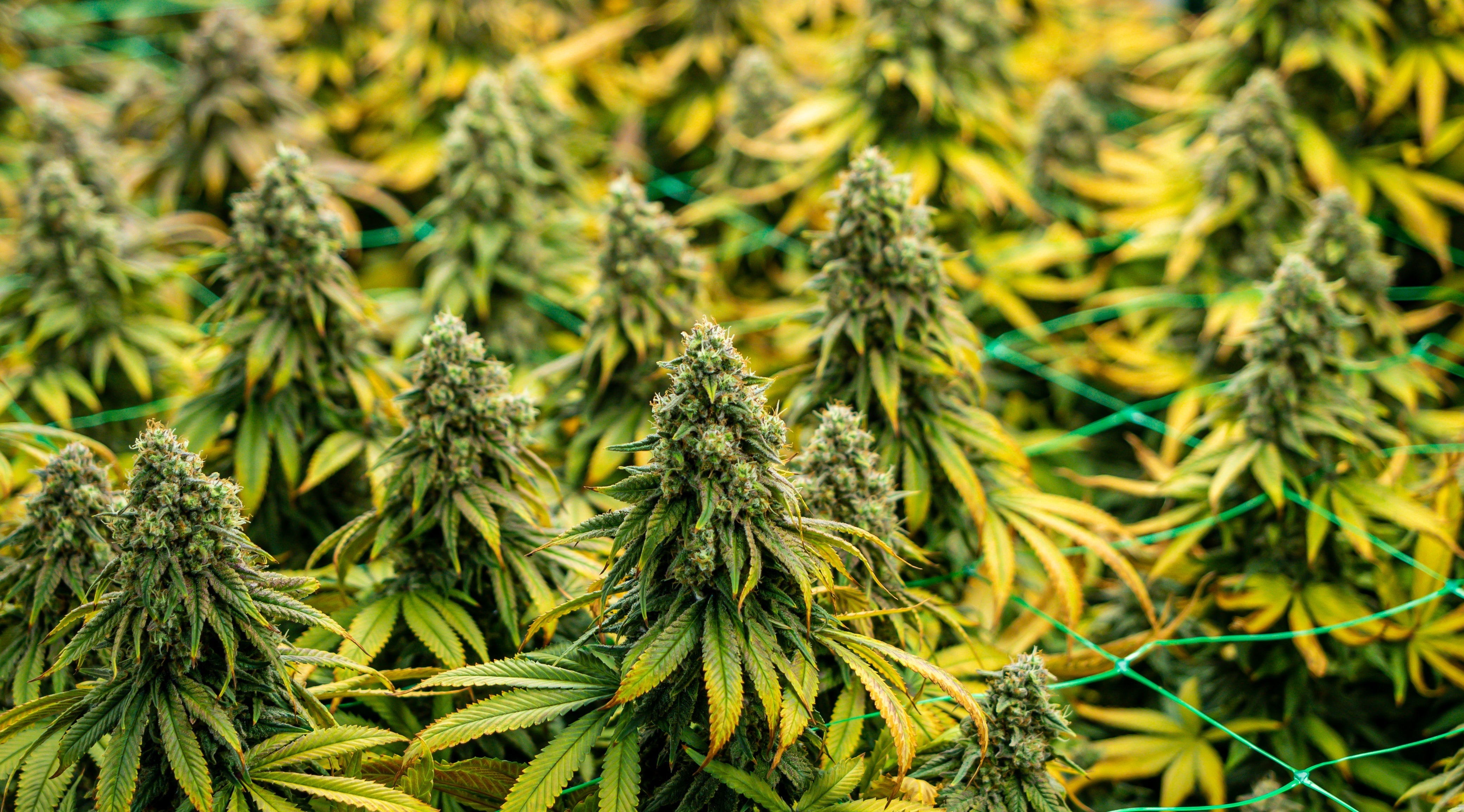
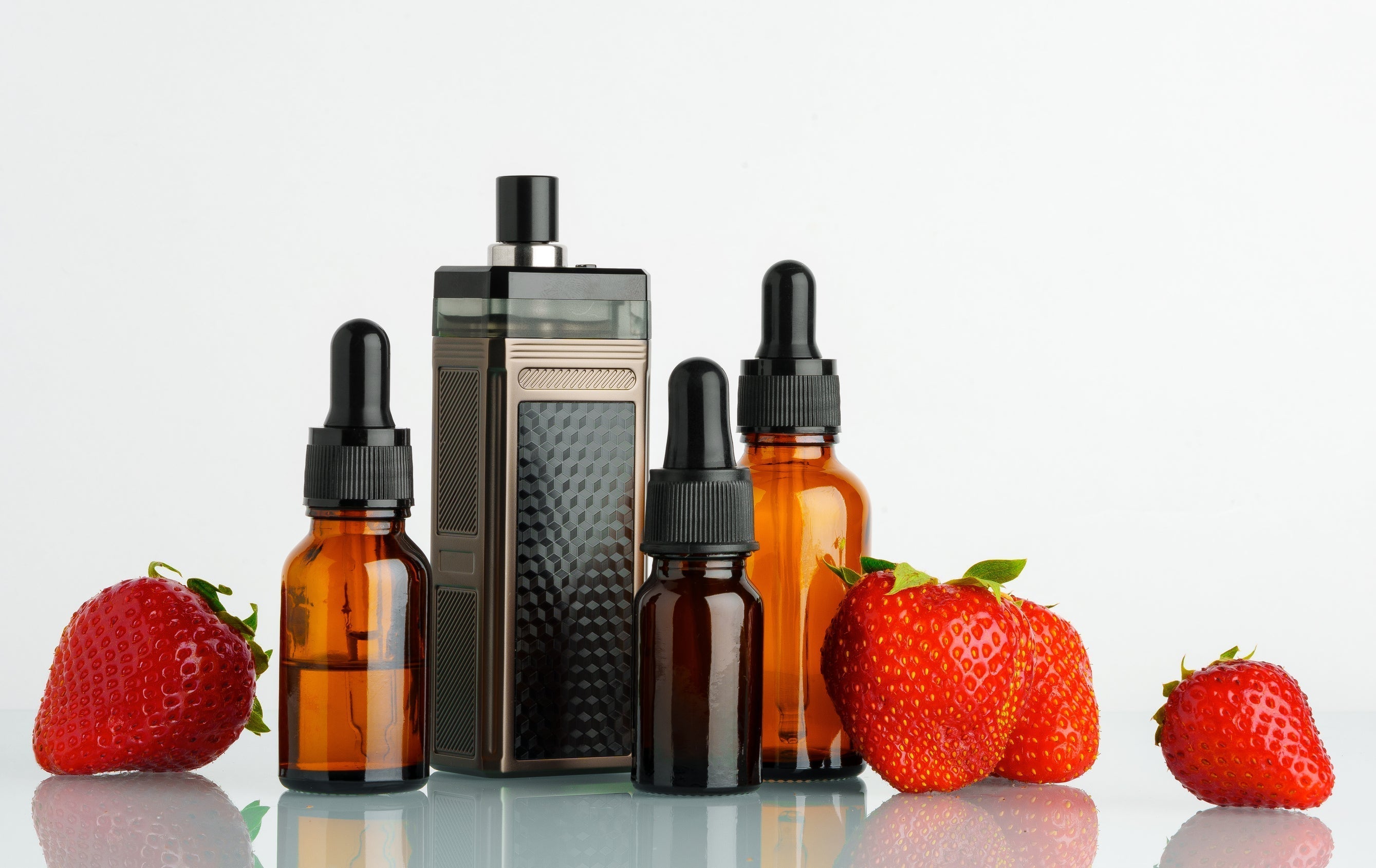

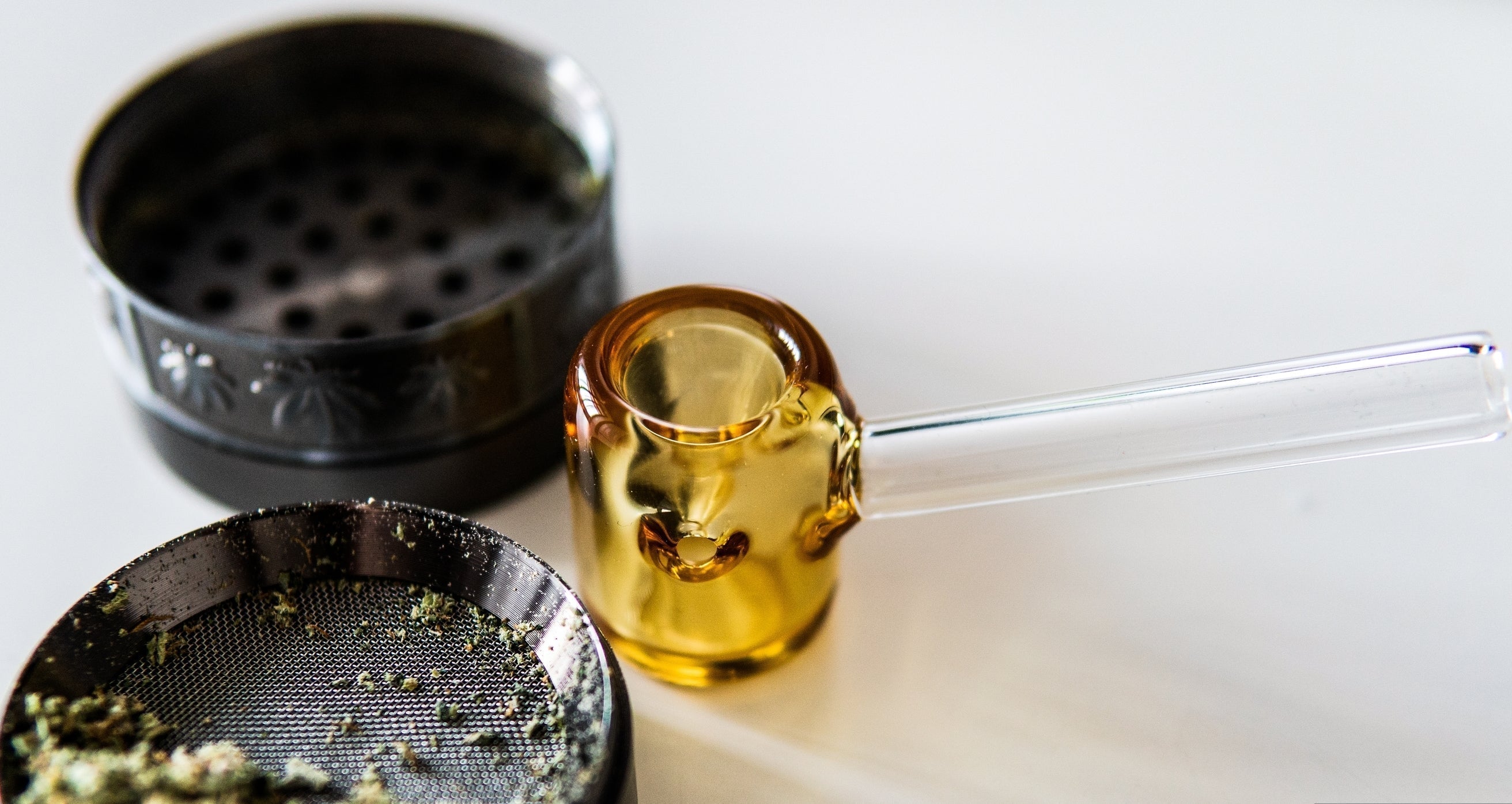


Join in on the Conversation
Your email address will not be published. Once your comment is approved, it will be published.